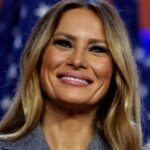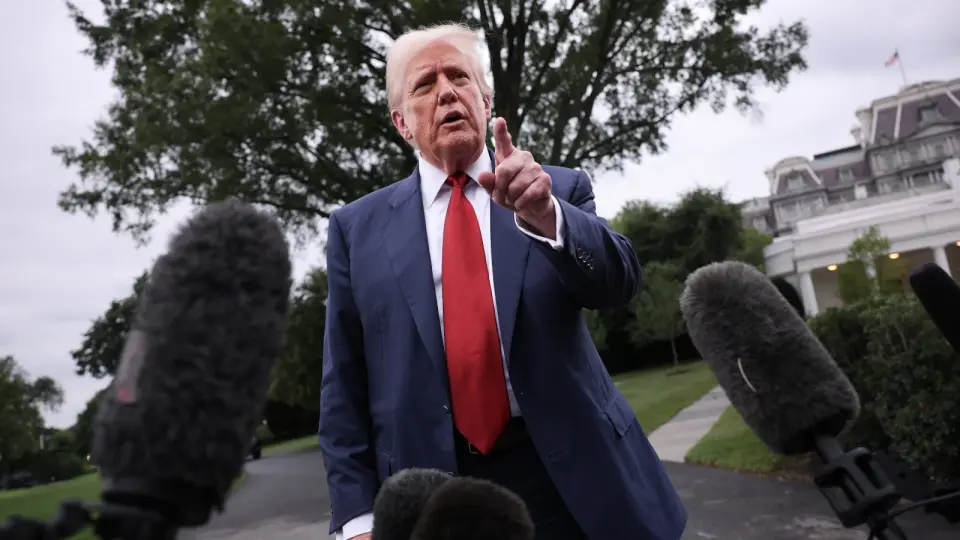President Donald Trump responded defiantly on Friday after a federal appeals court ruled that most of his tariffs were unconstitutional. In a post on Truth Social, Trump declared, “ALL TARIFFS ARE STILL IN EFFECT!” He criticized the court’s decision, calling it “highly partisan” and warning that removing the tariffs would weaken the U.S. financially. Trump emphasized that the tariffs were essential for addressing trade imbalances, protecting American workers, and strengthening the nation’s economy.
The federal appeals court ruled that Trump had overstepped his legal authority by imposing sweeping tariffs without congressional approval. The court found that he lacked the right to declare national emergencies to justify import taxes. This decision largely upheld a ruling from a specialized federal trade court in New York but allowed the tariffs to remain in place temporarily while Trump’s administration pursues an appeal to the Supreme Court.
Trump’s trade policy, which has relied heavily on tariffs, reshaped U.S. economic relations with countries like China, the European Union, and Japan. The tariffs were designed to pressure these nations into new trade agreements and generate revenue for the U.S. Treasury. As a result, the tariffs have brought in tens of billions of dollars, which Trump has used to offset his tax cuts. The ruling complicates his administration’s strategy, particularly in trade negotiations and budget planning.
The U.S. Court of Appeals’ decision could have significant consequences. If the tariffs were revoked, it might undermine Trump’s negotiating tactics and lead to financial repercussions for the Treasury. Tariff revenue, which reached $142 billion by July, is a crucial source of funding, and revoking them could put this money at risk. The Justice Department has warned that doing so could lead to “financial ruin” for the U.S.
Trump’s tariffs were imposed under the International Emergency Economic Powers Act, targeting countries with trade deficits and drug trafficking issues. The court ruled that these reasons did not meet the legal threshold for declaring a national emergency. While Congress holds the constitutional power to impose tariffs, presidents have been granted the authority over the years to do so, a power Trump argued was similar to Richard Nixon’s actions in 1971.
Despite the court ruling, Trump remains adamant that the tariffs are vital for America’s economic strength. He argues that they serve as an essential tool for supporting American manufacturers, farmers, and businesses, especially those producing “Made in America” products. As the case moves to the Supreme Court, the future of his tariffs and trade strategy remains uncertain.





